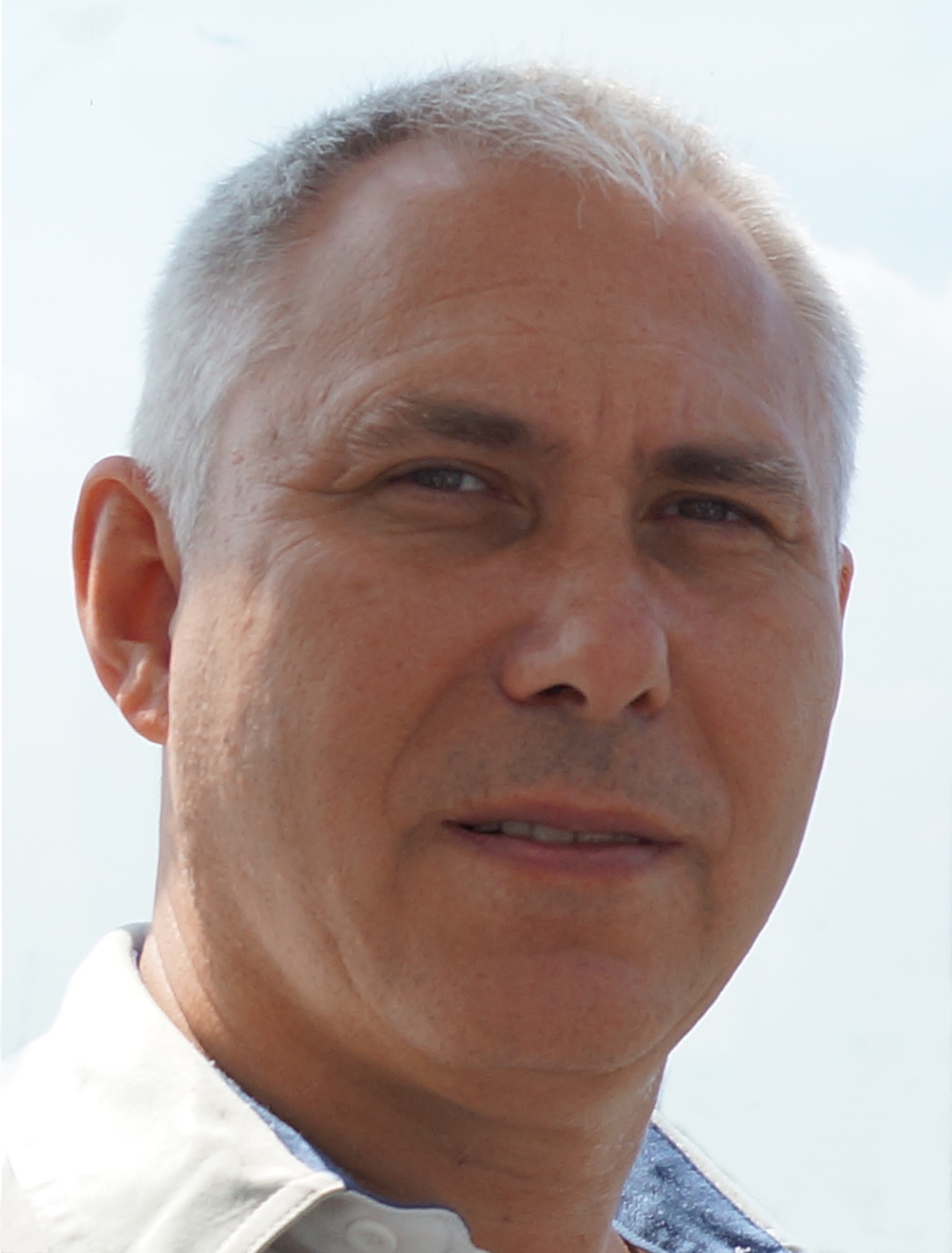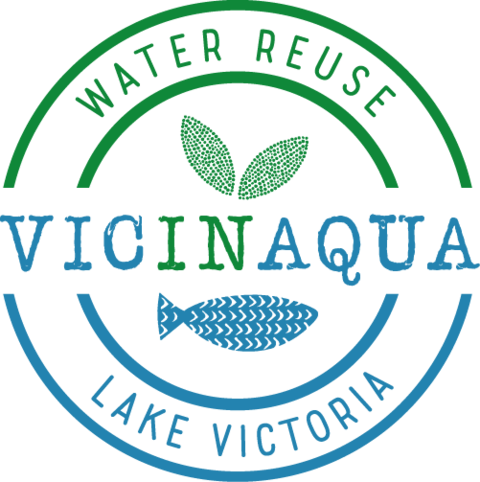Poul Rosendorf, OxyGuard International A/S, Denmark
Role in the VicInaqua project: Partner
Current position: Chief Project Manager at OxyGuard International
Expertise: Project management. Hardware and software design for fish farms. Recirculating aquaculture systems (RAS).
Education: Electronics Engineer, Project Manager and Business Manager

Mr. Poul Rosendorf is Chief Project Manager in the department for monitoring and control systems at OxyGuard International. He has more than 15 years of experience in electronic control systems and in the last 6 years he has mainly worked with managing and control systems for the aquaculture sector. Currently, he is actively involved in developing OxyGuard's portfolio in monitoring and control systems for RAS.
Could you describe OxyGuard's role in VicInAqua?
OxyGuard contributes with our long-term expertise in designing monitoring and control equipment for aquaculture use and our extensive knowledge of RAS technology. Our main task is to design the measuring and monitoring system for the RAS facility and to develop the software for this system (Nautilus). Apart from this, OxyGuard contributes with knowledge transfer by conducting seminars on system startup and maintenance for local stakeholders. OxyGuard is responsible for designing a marketable system that is affordable to the users in the region as well.
What convinced you to participate in VicInAqua in particular?
Africa constitutes a new and promising market for our solutions, but to initiate the development, it is crucial that international collaborators are participating. Through the project there will be a large degree of technological knowledge transfer and this knowledge about technology as well as environmental issues is necessary to make the sector grow in Africa. We also seek to establish strong business collaborations with the local stakeholders to help them continue the development of the sector after the project has been completed. VicInAqua offers a good platform to establish these long lasting collaborations and the success of the project relies on these in the long run.
Have you been cooperating with organizations from East Africa before?
OxyGuard has operated in Africa for almost 20 years, but we have experienced a limited development in the aquaculture sector and this calls for action. Today, the main contact between international suppliers, such as OxyGuard, and the African fish farmers, goes through powerful internationally oriented entrepreneurs and there is very little knowledge transfer from these to the rest of the African sector. With VicInAqua, we hope that the direct contact with fish farmers will initiate a new development in the sector and hereby benefit the local farmers and the population in the region.
Which benefits do you expect from VicInAqua for East Africa and Lake Victoria?
We hope that the technology will be adopted by the locals and that we can establish a fruitful, long lasting collaboration that will continue after the project has been completed. The technology can help them build an economically and environmentally sustainable industry and bring work and prosperity to the region.
What have been your main challenges in VicInAqua?
To design a technological solution that is affordable for the local fish farmers and at the same time within an acceptable range regarding security measures. These systems are expensive and in order to make the local stakeholders invest, they must be offered training in the functionality of the systems and provided knowledge of the many benefits for profit maximization. There are some infrastructure challenges as well, especially as there is no stable internet and the access to simple tools is limited.
What good practices have you learned from this project and what new developments will you get from it?
Training of staff is key to a successful project and should be provided as early as possible in the project period. In general, this aspect should be given much higher priority in developmental projects like this.
Thank you Mr. Poul Rosendorf - Looking forward to hearing more about your work in the future!


